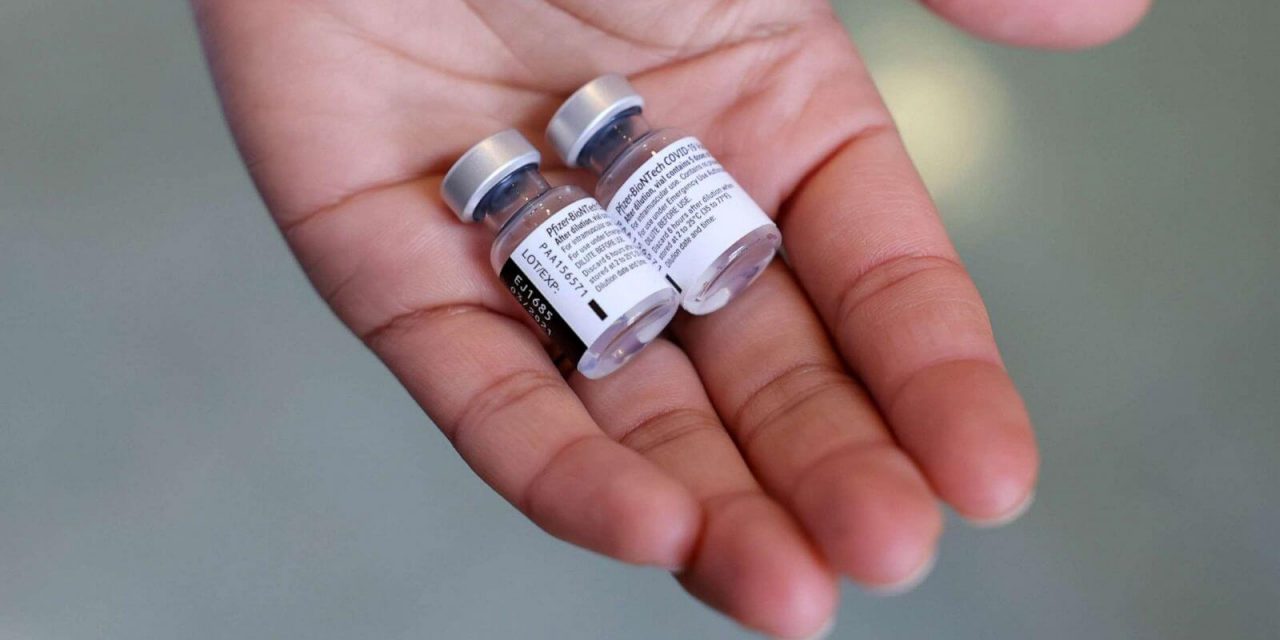Closures and extended lockdowns aren’t the only things impacting economic recovery, as adamant anti-vaxxers throw a wrench into reopening plans in several states.
The words “my body, my choice” are all well and good in the context of women’s reproductive health, but they can cause chaos in the context of COVID-19 and economic recovery in the United States.
A recent forecast from the University of Washington chillingly states that the highly contagious Delta variant of the virus will cause an increase in COVID-related deaths throughout the end of summer and well into the fall of this year.
While COVID deaths dropped earlier this year thanks to widespread vaccination initiatives, states with low vaccination rates report a staggering increase in cases, particularly in Florida, where the medical caseload tripled at the start of the third quarter. Unfortunately, Florida isn’t alone in this growing crisis: outbreaks are also being reported in Georgia, Idaho, Louisiana, and Wyoming.
Mark Zandi, chief economist at Moody’s Analytics, recently pointed out that these new outbreaks in communities where the majority refuse to be vaccinated will come at great cost and hamper recovery throughout the country. In a report dated July 27th, Zandi declared that new shelter-in-place orders will substantially damage the economy.
A Dip in the Index
Currently, 20% of all new COVID infections reported in the US are from Florida, prompting public health professionals to call for a halt to any travel to and from the state. In addition, the state’s “back-to-normal” economic index, a joint initiative between Moody’s and CNN Business, also took a dive just as cases surged upward.
Analysts at JP Morgan & Chase have consequently lowered their economic forecast for Q3-2021, citing how fear of the Delta variant is driving consumers to be more cautious with regard to their spending habits.
This by itself is sobering news to the economic community. Recent statements from officials at the US Federal Reserve are also raising concerns regarding companies that are holding off reopening because of the possible spread of delta-caused cases, causing a disruption in the domestic job market.
As of July 21st, 57% of American adults – approximately 191.8 million individuals – have had at least one dose of a coronavirus vaccine. However, this has not allayed fears among those who are still reluctant to go back to work due to fears of contagion. Indeed, the Census Bureau reported that over four million Americans still refuse to return to their workplaces, which is a factor driving the ongoing labor shortage.















